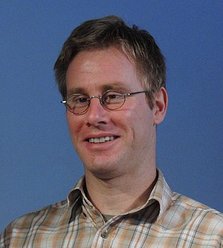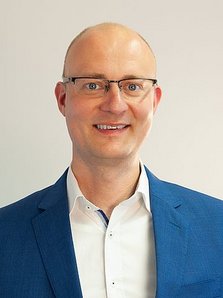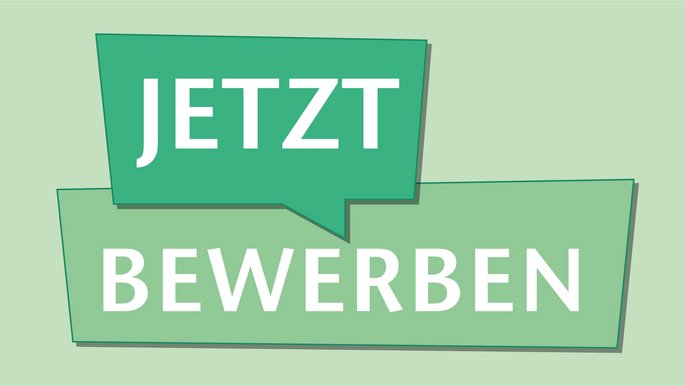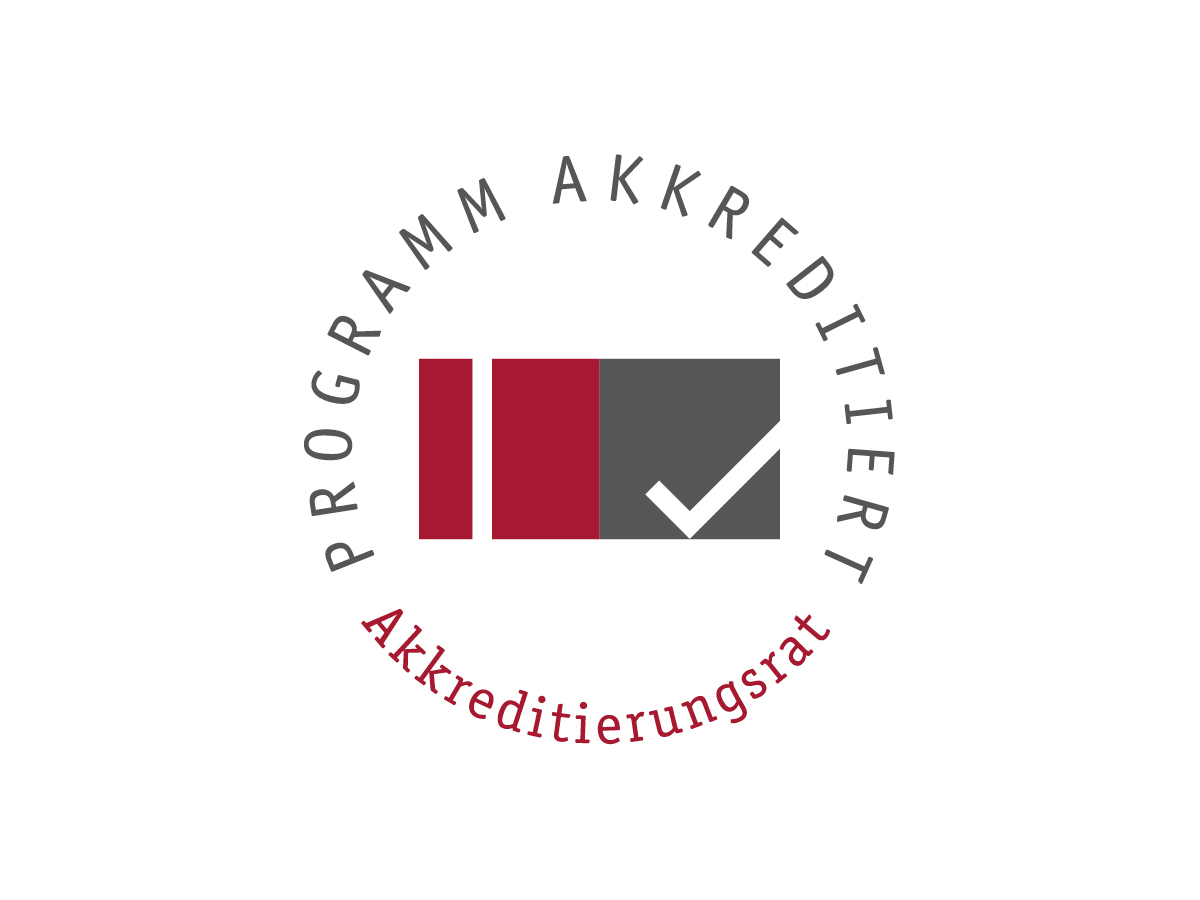The world's energy supply is facing a major challenge: in order to protect the climate, all current fossil fuels must be replaced by renewable energy sources. This affects not only the electricity sector, but also the heating, mobility and industrial sectors. To ensure that this happens without any losses, the Sustainable Energy Technology and Systems degree course deals with the overall system before, during and after the energy transition. In addition to new technologies, the focus is on increasing efficiency and sector coupling. Based on the engineering fundamentals, the various aspects and problems of the energy transition are examined in in-depth subjects.
Job profile and labor market
The energy transition affects all aspects of life, meaning that graduates will find a broad field of activity in both small start-ups and global companies. Traditional energy supply companies such as plant operators, energy supply companies, grid operators and municipal utilities are looking for broad-based engineers with a system-wide overview, as are industrial companies that need to restructure their energy supply. In addition, there are the manufacturers of (new) technologies for energy generation, distribution, storage, conversion and application, particularly in the area of system design and integration. Planning and engineering offices as well as authorities and associations that control and regulate the energy transition in all areas will also have a need for engineers with a wide range of qualifications in the future.
- Operators of energy generation and storage facilities
- Manufacturers of e.g. wind turbines, PV systems, converter systems, battery storage systems, charging infrastructure, electric vehicles
- Planning and engineering offices
- Energy supply companies
- Grid operators
- Authorities and associations
- Energy consulting agencies
Alternatively, a consecutive transition to the Master's degree in Energy Systems Engineering is possible, which enables individual specializations and broadens the view of the overall system.
What makes the degree program in Clausthal special
At Clausthal University of Technology, the research focus "Sustainable Energy Systems" is dedicated to the energy transition, in which a secure energy supply based on renewable sources is investigated. The basis for this is the Sustainable Energy Technology and Systems course, which examines thermal energy generation, which has been important in the past and will continue to be important in the future, as well as the new energy system. This is also reflected in research projects in which interdisciplinary work is carried out on the transition to the new energy system and on new business models. For the students, the connection with research and industry results in a practical course of study. In addition, there is a very good supervisory relationship with a mentoring program in the introductory phase and close contact with staff.
Structure of the study program
The basis of the course is a broad engineering education, on which the fundamentals of energy technology in the electrical, mechanical and thermodynamic fields are built. As a result, students learn about conventional power plants, electrical machines, how electrical energy supply works and how it fits into the overall energy system. In addition, the knowledge is linked and deepened in energy technology application subjects. An energy system is designed and planned as part of a project based on an application-oriented problem. The curriculum is supplemented by a compulsory elective area in which students can set their own priorities in in-depth lectures. The course concludes with an industrial internship and the Bachelor's thesis as an independent scientific project.
- Engineering Mathematics
- Technical mechanics
- Fundamentals of electrical engineering
- Technical thermodynamics and heat transfer
- Control engineering
- Sustainable energy systems and energy transition
- Electrical power engineering and power generation
- Combustion technology
- Battery systems
- Introduction to business administration and law
- Seminar & practical course on sustainable energy technology
- Energy system design project
- Industrial internship
- Bachelor thesis

PD Dr.-Ing. habil. Marco Mancini
Phone: +49 5323 72-3585
Fax: +49 5323 72-3155
E-mail: marco.mancini@tu-clausthal.de
Institut für Energieverfahrenstechnik und Brennstofftechnik
Agricolastr. 4
38678 Clausthal-Zellerfeld

Prof. Michael Olbricht
Phone: +49 5323 72-2034
Fax: +49 5323 72-3155
E-Mail: michael.olbricht@tu-clausthal.de
Institute of Energy Engineering and Fuel Technology
Agricolastr. 4, Raum: 314
38678 Clausthal-Zellerfeld
Overview
Type: Bachelor's degree programme
Duration: 6 semesters
Language of instruction: German
Degree: Bachelor of Science (B.Sc.)
Admission requirement: Higher education entrance qualification
Start of degree programme: The winter semester is recommended.
Accreditation: Decision of the Accreditation Council, EUR-ACE® Bachelor
accredited until 30.09.2030
Beginning of studies
Welcome Weeks (before lectures begin)
TU Clausthal supports students as they start their studies with various event formats.
Pre-mathematics course (before lectures begin)
The Institute of Mathematics offers a pre-mathematics course for all first-semester students (in German).
These degree programmes may also interest you
Digital Technologies
Electrical Engineering
Energy and material physics
Mechanical Engineering
Subsequent Master's programmes
Energy Systems Engineering (consecutive Master's programme)
Energy and Materials Physics
Documents
Course Flyers
Model Study Plans
valid for AFB 2022
valid for AFB 2016
Examination Regulations
- General Examination Regulations
- Implementation Provisions (2022), valid from WS 2022/23
- Implementation Provisions (2016), valid until the end of SoSe 2026
Internship Regulations
Elective Course Catalogues
valid for AFB 2022
valid for AFB 2016
Module Handbook
valid for AFB 2022
valid for AFB 2016




